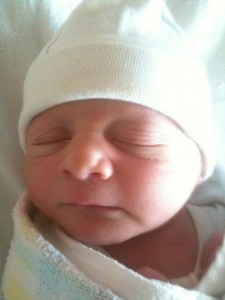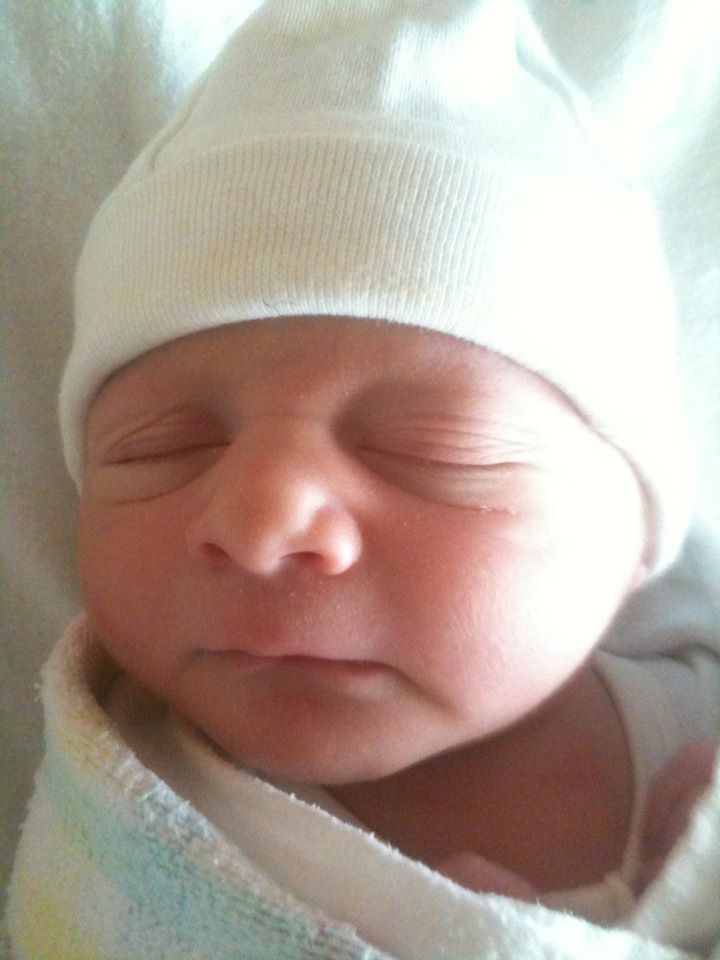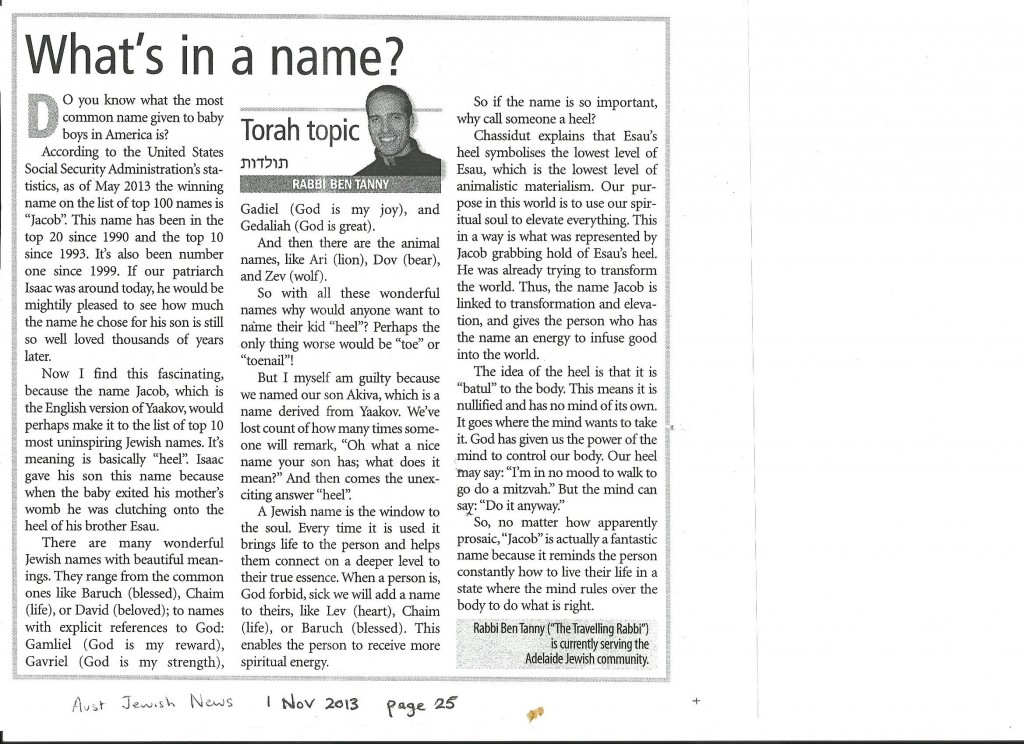Parshas Vayechi: Experiences and Expectations
We humans are experts of expectations. We apply our expectations to everyone and everything. Our ability to forecast similar results in future situations is part of what has allowed us to advance so much. We can even learn and apply others’ experiences to our own future expectations – something the animal kingdom generally cannot do (and definitely cannot do to such an advanced level).
Unfortunately, expectations can often be misleading. We base our expectations of other people on past interactions – but not necessarily with those same people. One might watch how his mother or father acted and expect his/her spouse to act the same. One may look at how well they did as a student and expect their children to do the same. Or one might have expectations of others without necessarily knowing from whence they came. A boss might have scrupulously honest employees, and yet constantly suspect them of cheating him.
When we can point to past experiences that logically color our expectations, we can more easily change them. But more often than not, we don’t really know why we have the expectations we do, especially of other people. We learn from Torah teachings that the faults we see in others are those we ourselves have. Conversely, if we do not have a particular character trait we have a harder time seeing them in others. So, you might have a boss with honest employees who suspects them of stealing because he himself is the kind of person who would take advantage of an employer. Or, you might have a boss with dishonest employees who are cheating him, but he would never imagine that of them because he himself would never think to do such a thing.
In this week’s parsha, our forefather Yaakov (Jacob) dies. After he dies, Yosef’s (Joseph’s) brothers are terrified that now he will exact revenge on them for the wrong they did him. Why? Yosef has already told them in no uncertain terms that he has forgiven them for everything. They can see for themselves the good that has happened to Yosef as a result of their action. And Yosef has even placed them in exalted and privileged positions within Egyptian society, in addition to providing them with food and sanctuary in their time of need.
Perhaps the brothers have a guilty conscience. Yosef is known as the first “tzaddik” and one of his strongest character traits was his emunah, his faith and ability to see G-d’s hand in everything. His brothers, on the other hand, may have imagined themselves going through what Yosef went through, and doubted their own ability to truly forgive in such a situation. Because they didn’t believe in their own abilities, they therefore projected this onto Yosef and doubted his ability to forgive.
We must be very careful with the expectations we project onto others. We may expect too much or too little of them, based on what are actually our own strengths and weaknesses. When we catch ourselves expecting something of someone else, we must always ask ourselves where this expectation comes from. If we cannot identify it in our past experiences, we should look inside ourselves. Are we expecting an action that we ourselves would do? Is it a strength we have that someone else might not? Or is it a weakness we really have that we need to work on to grow? By doing this, we not only promote our own personal growth and self actualization, but we also give ourselves the tools we need to improve our interpersonal relationships.
Shabbat Shalom!
Read more on Parshas Vayechi: Playing to Your Strengths
Read More







